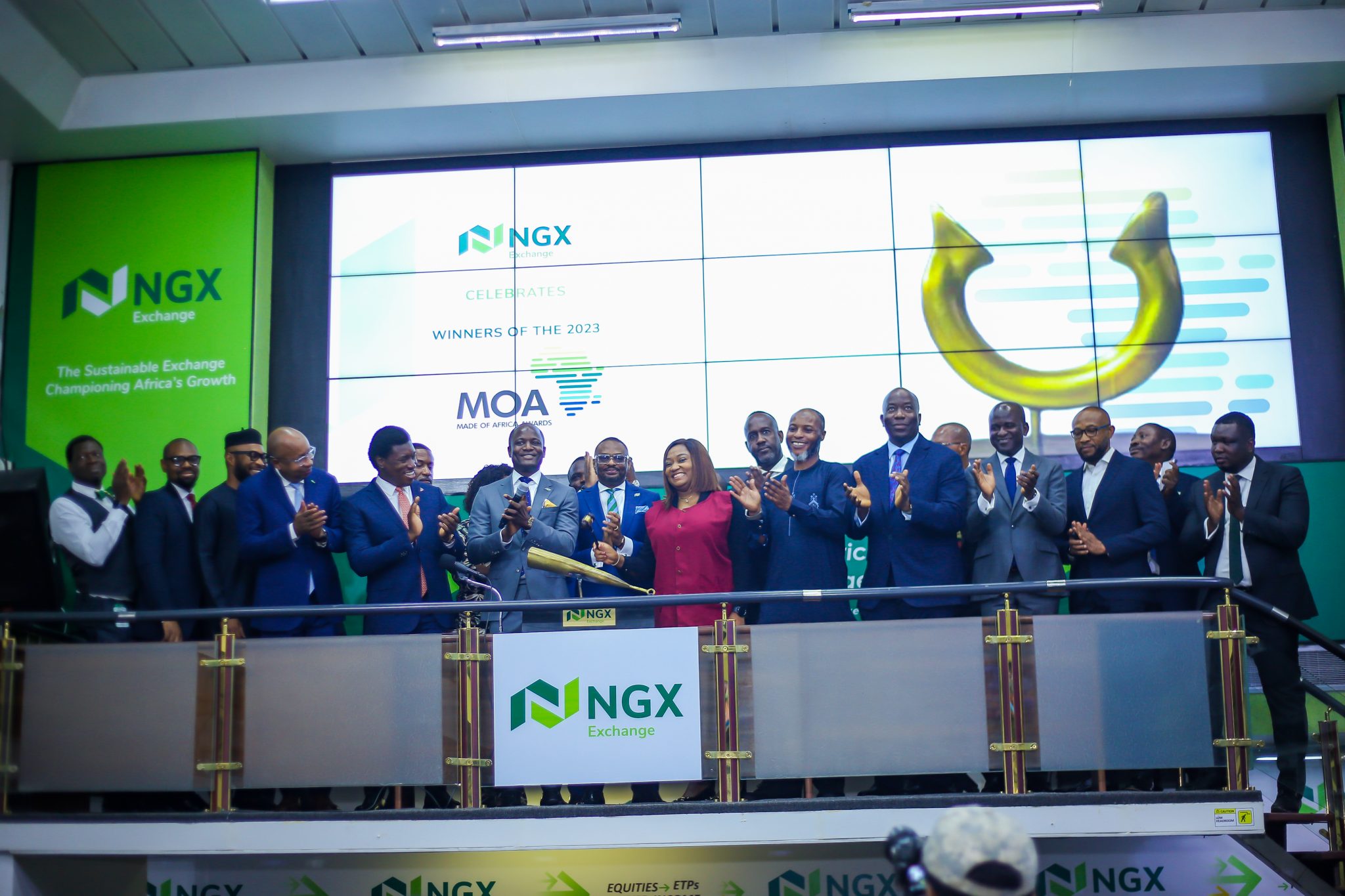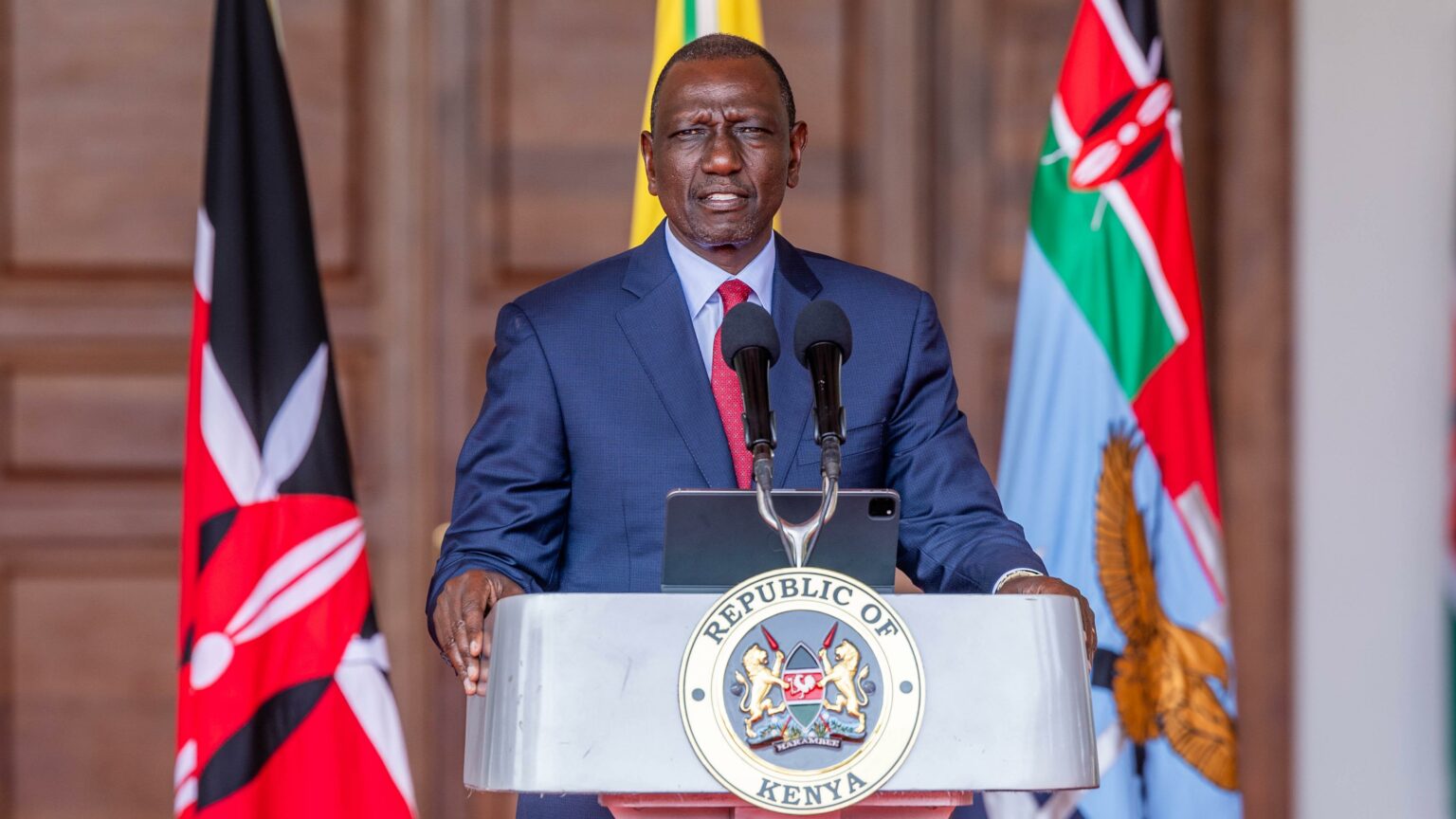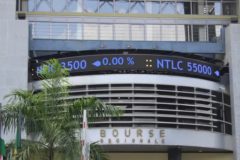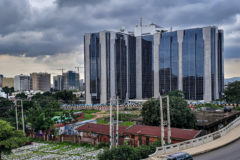The Nigerian Exchange Group (NGX) has acquired a stake in Ethiopia’s first-ever securities exchange for an undisclosed amount in a fundraising that has seen the Horn of Africa nation raise $26.6 million, surpassing the target it touted to investors in 2023.
The Ethiopian Securities Exchange (ESX) last year set to raise $11.07 million to start operations as part of a larger push by Prime Minister Abiy Ahmed to liberalise and modernise the economy.
“We are thrilled to have exceeded all our expectations in terms of the capital raise and are excited by the overwhelming confidence shown by investors in the long-term prospects of both ESX,” said Tilahun Kassahun, ESX chief executive.
[ad]
The Ethiopian government will hold a 25% stake in the ESX through the Ethiopian Investment Holdings (EIH) and its subsidiaries including Ethiotelecom and Commercial Bank of Ethiopia, while private and institutional investors will be allocated a 75% stake.
NGX Group is among the top institutional investors that have injected capital into the operationalisation of the bourse alongside FSD Africa, a UK-backed non-profit financial institution, and Trade and Development Bank Group (TDB), the financial arm of the Common Market for Eastern and Southern Africa (COMESA) trade block.
“Strategic foreign investments by TDB, FSD Africa, and [the] NGX Group are particularly important in allowing the transfer of technical know-how and best practices as well as other areas of long-term strategic value that we will explore,” Kassahun added.
The NGX is one of the largest securities exchanges in Africa with a market capitalisation of ₦58.66 trillion ($41.8 billion) and will support ESX with technical experience in developing the bourse structure, trading rules and marketing segments.
The collaboration with the NGX has already helped the ESX develop a rule book to guide its operations.
The ESX also closed the fundraising with commitments from domestic investors including 16 local banks, 12 insurance firms, and 17 private entities. The exchange is expected to launch sometime this year, further attracting foreign investors into the populous Horn of Africa nation.
While PM Ahmed has moved to liberalise Ethiopia’s economy since coming to power, it is still largely controlled by the state with little private sector involvement. For instance, Ethiopia has no investment banks–suggesting that businesses can only raise capital from commercial banks.





















